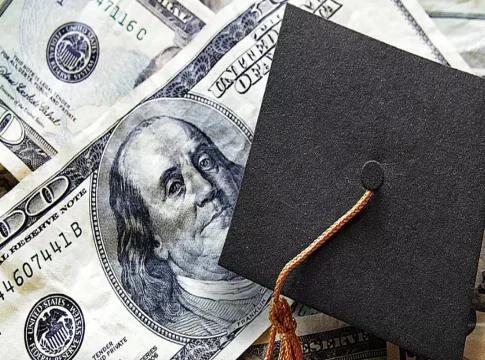Do Student Loans Affect Home Buying? What You Need to Know
Navigating the world of student loans can feel overwhelming, especially when it comes to major financial decisions like buying a home. If you’re a recent graduate or still paying off your loans, you might be wondering how your student debt might influence your home-buying journey. Here’s a straightforward breakdown of the key factors to consider.
Understanding the Impact of Student Loans
Student loans often contribute to your overall debt-to-income (DTI) ratio, a crucial metric that lenders scrutinize when evaluating your mortgage application. Your DTI ratio is calculated by taking your monthly debt payments and dividing that number by your gross monthly income.
What’s a Good DTI Ratio?
- Ideal Ratio: Most lenders prefer a DTI of 36% or lower.
- Above 43%: You may face challenges in obtaining a mortgage, as this suggests a higher risk to lenders.
Keep in mind that the higher your student debt, the more it could inflate your DTI, making it harder to qualify for a loan or secure favorable interest rates.
Budgeting for a Down Payment
When considering homeownership, budgeting is essential. Your student loan payments can limit available funds for saving. Aim to put down at least 20% on a home to avoid private mortgage insurance (PMI), which can add to your monthly expenses. Here are some tips to help you save:
- Automate Your Savings: Set up a separate account for your down payment and automate transfers each month.
- Cut Unnecessary Expenses: Analyze your spending habits and eliminate non-essential purchases.
Example: The Importance of Saving
If you save $300 a month for two years, that totals $7,200—enough for a 20% down payment on a $36,000 home. The math adds up!
Credit Score Considerations
Your credit score plays a vital role in determining your mortgage eligibility and interest rates. Student loans can impact your score, especially if you’ve missed payments. Here’s how to improve your credit score:
- Pay On Time: Ensure that all loan payments are made on schedule.
- Keep Credit Utilization Low: If you have credit cards, aim to use less than 30% of your available credit.
Exploring Loan Options
If you have significant student debt, consider government-backed loan programs. FHA loans, for instance, may offer lower down payment requirements and more lenient credit score criteria.
In Summary:
Student loans can indeed impact your journey to homeownership, but understanding the financial landscape can empower you to make informed decisions. By monitoring your DTI, budgeting effectively for a down payment, and improving your credit score, you can enhance your ability to purchase a home.
Embarking on this journey may seem daunting, but with the right preparation and knowledge, you’ll be well on your way to homeownership despite your student loans. Happy house hunting!

Writes about personal finance, side hustles, gadgets, and tech innovation.
Bio: Priya specializes in making complex financial and tech topics easy to digest, with experience in fintech and consumer reviews.

